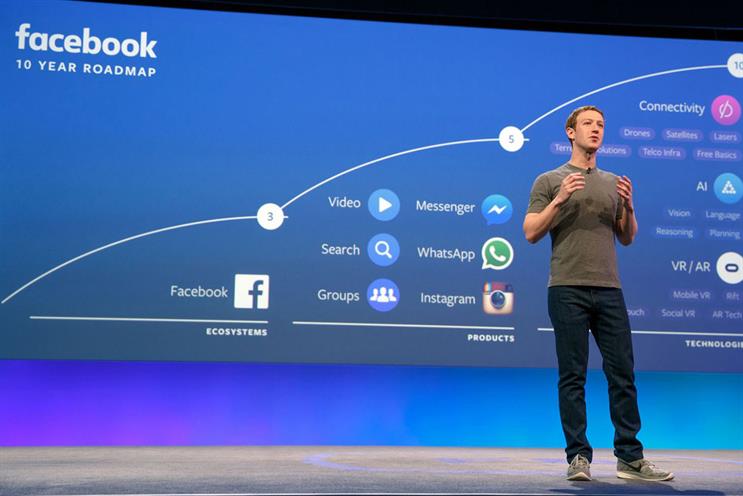
Facebook favour certain brands, such as Airbnb and Netflix, by giving them special access to its user data, while it also punishes rivals, documents released by UK MPs have shown.
Internal Facebook emails, obtained by the UK parliament’s Digital, Culture, Media and Sport Committee, were as part of its inquiry into online misinformation.
About 250 pages of emails, which are selective and are shown with little context, depict founder and chief executive Mark Zuckerberg involved in decisions aimed at increasing engagement on the social network as it moved from focusing on desktop computers to mobile.
For companies such as Airbnb and Netflix, Facebook made "white list" arrangements in which those brands were given greater access to data. Being on a white list would allow those brands, for example, to continue seeing which of their app users' Facebook friends were using the same service.
Meanwhile, there appear to be decisions to hinder rivals, such as in 2013 when Twitter’s video app Vine was blocked from having access to Facebook's friends data.
Justin Osofsky, a Facebook executive, said in an email at the time about Vine: "Unless anyone raises objections, we will shut down their friends API access today. We've prepared reactive PR, and I will let Jana know our decision."
Zuckerberg emailed in response: "Yup, go for it."
The emails also appear to show Facebook was aware of the public criticism it would face as it tried to acquire access to more data on users at the risk of infringing on their privacy.
One exchange from 2015 shows Facebook employee Michael LeBeau discussing an update to its Android app that would keep track of calls people made on their smartphones.
"This is a pretty high risk thing to do from a PR perspective but it appears that the growth team will charge ahead and do it," LeBeau said.
The documents had been under seal in the US as part of a lawsuit in California involving app developer Six4Three. However, Damian Collins, chairman of the DCMS committee, said it was in the public interest to release the information as part of the ongoing parliamentary investigation.
Facebook said the documents had been selectively chosen in order to embarrass the company and were misleading.
In his being revealed, Zuckerberg said Facebook had made changes to prevent abuse of its platform.
He said: "We've focused on preventing abusive apps for years, and that was the main purpose of this major platform change starting in 2014. In fact, this was the change required to prevent the situation with Cambridge Analytica. While we made this change several years ago, if we had only done it a year sooner we could have prevented that situation completely."
A Facebook spokeswoman added: "We stand by the platform changes we made in 2015 to stop a person from sharing their friends' data with developers.
"Like any business, we had many internal conversations about the various ways we could build a sustainable business model for our platform.
"But the facts are clear: we've never sold people's data."




.jpg)
.jpeg)
